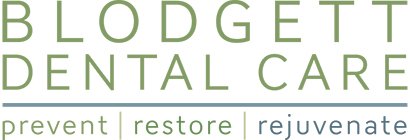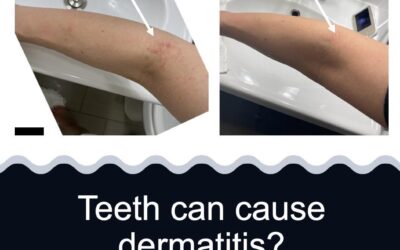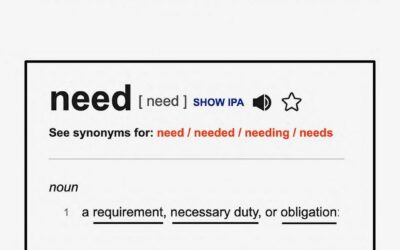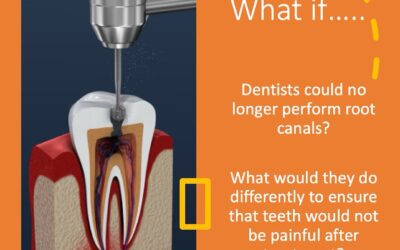Chronic Headaches? There Might be a Dental Solution.
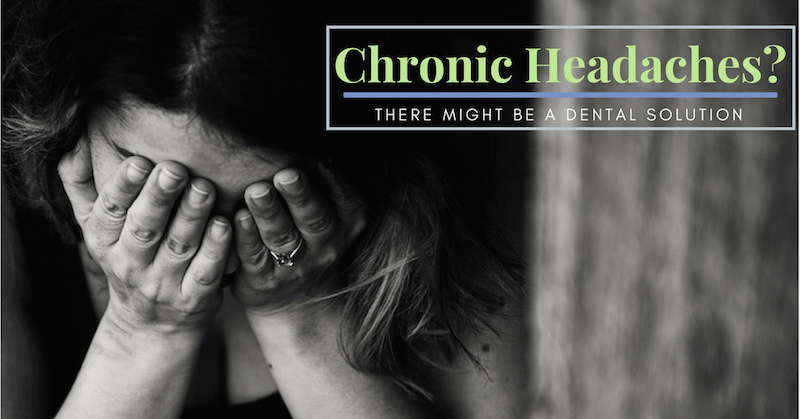
Are you suffering from chronic headaches? Have you looked into traditional diagnoses and come up with nothing? The answer could be in your bite!
Headaches are often caused by dental bite issues (how your teeth come together) that need to be managed at the source. In this month’s post, we’ll go over what causes headaches, and what dental ailments you might be suffering from that could be causing them.
What Causes Chronic Headaches?
The cause of a headache can be difficult to diagnose. Symptoms of headaches can:
- Be accompanied by sharp or dull pain
- Come on suddenly or gradually increase in intensity
- Be centralized in a specific part of the head or radiate across your entire skull.
With so ways a headache can present itself, it can be hard to pinpoint the cause!
Headaches can generally be broken down into two different types: primary and secondary.

Primary Headaches
Primary headaches, while often deeply uncomfortable and hard to pinpoint, are benign headaches not caused by any obvious underlying issues. These headaches are stand-alone ailments caused by pain in your blood vessels, muscles, and nerves. However, for this pain to develop, something must be leading to its occurrence, right? Two types of primary headaches are:
- Migraine Headaches: Migraines are characterized by a painful and relentless headache accompanied by nausea and sensitivity to light and sound.
- Tension Headaches: Less painful than migraines, tension headaches are characterized by mild to moderate “pressure”. Often described as a rubber band squeezing around your head, these are commonly caused by stress, not enough sleep, hunger, muscle strains, and fatigue.
Both a migraine and tension headaches are recurring and often brought on without much warning. Generally, chronic headaches are primary headaches.
Secondary Headaches
Secondary headaches are headaches caused by other issues in your body. These issues can range in severity from a brain freeze from a cold drink to brain tumors:
- High blood pressure
- Brain tumor
- Glaucoma
- Dehydration
- Sinus issues
- Influenza
- Panic attack
- Stroke
- Concussion
Given the potentially serious consequences of secondary headaches could mean, it’s always important to be vigilant with all headaches.
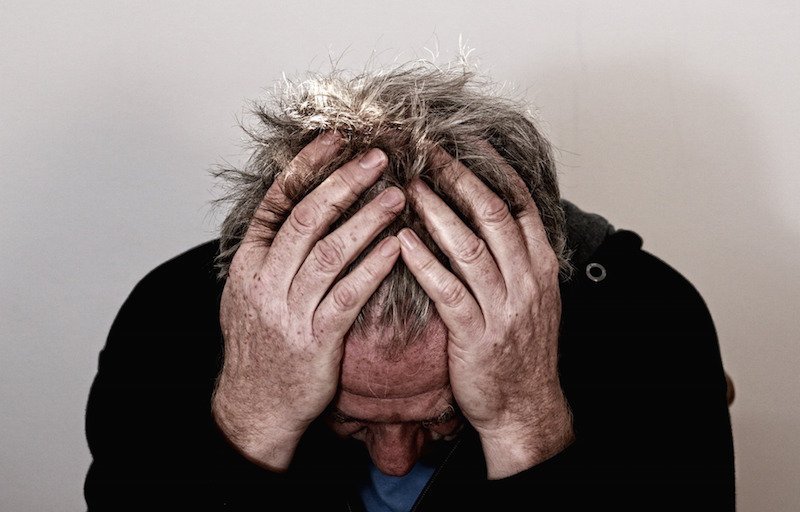
Chronic Headaches With Dental Causes
Your mouth has a beautiful yet complex design that, if not run properly, can cause alarm bells to go off. One of those alarm bells? A headache! Headaches from dental issues are most commonly primary tension headaches by muscular tension build up in the jaw and face. This tension can be caused by “malocclusion”, or an unbalanced bite.
In order to eliminate your headache, you must first get rid of your bad bite.
What is a “Bad Bite?”
A bad bite means your teeth are not meeting in “harmony” when your jaw is closed. This bad bite causes your jaw muscles to overcompensate when chewing, causing you pain and soreness. It may also cause excessive clenching and grinding while you sleep.
Disorders Linked to Dental Headaches
Malocclusion can be caused by something as simple as incoming wisdom teeth or previous dentistry that has gone bad or wasn’t done properly in the first place. Far more frequently though, it is caused by a larger issue requiring more attention and care.
TMJ Disorder
Temporomandibular Joint Disorder, commonly referred to as TMJ disorder, occurs when your temporomandibular joints (TMJs) are not functioning properly. Your TMJs connect your lower jaw to your upper jaw and are located in front of the ear structure on both sides.
TMJs function similarly to a door hinge mixed with a sliding motion. When it’s operating correctly, these joints move smoothly to open and close your jaw. When you are suffering from TMJ disorder, this function is impeded and you experience pain and limited movement in your jaw and surrounding muscles.
Due to your misaligned bite, TMJ disorder can cause tension headaches around your temples. This will feel similar to any other tension headache, so be on the lookout for the following symptoms to differentiate it from other tension headaches:
- Pain in your jaw or the area around temporomandibular joints (they’re located at the base of the skull in front of the ear structure)
- Earache
- Pain while chewing
- Clicking, popping or grinding sound when opening your mouth or chewing
- Swelling in your face
While an over-the-counter (OTC) pain-reliever may help the symptoms, these headaches will not go away until you address the root cause of your TMJ disorder.
Bruxism
Bruxism is a condition defined by excessive grinding or clenching of your teeth. While some who suffer from Bruxism may be unknowingly grinding their teeth while awake, it commonly happens to patients while they’re sleeping. This means you could be suffering from bruxism and not even know it!
A headache from Bruxism will usually appear in the morning and appear as a severe, yet dull tension headache around your temples.
To differentiate it from other tension headaches, be on the lookout for these additional symptoms:
- Tight and painful jaw muscles
- Facial pain
- Damaged teeth and/or gums
- Broken dental fillings
- Flattened front and/or back teeth
- Swelling in your lower jaw
- Stiff neck
Similar to TMJ Disorder, OTC pain relievers will help you cope with the headaches, but without proper treatment from your dentist, the headaches will not go away.

What Can Dentists Do To Help?
While in most cases OTC medications will help you ease the pain of your dental headache, you will need to address the root issue before you’ll feel any better.
An experienced dentist will help you realign your bite and get it back on track!
Some options to help your bite:
- Night Guards: For patients with TMJ and Bruxism, this will be one of the most common forms of treatments. The guard will go over your upper or lower teeth and will help you from unknowingly grinding your teeth. Do not be fooled into thinking that some “off-the-shelf” boil-and-bite guard from Amazon.com will do the trick. It is the experience and expertise of a thoughtful dentist that will be the key to success.
- Occlusal Equilibration: This is a gentle procedure aimed at adjusting your teeth so your upper and lower teeth meet evenly all the way around.
- Orthodontic Treatment: Braces can be used to help align your bite and move your jaw into a proper position.
- Physical Therapy: A licensed physical therapist could help not only restore your bite but also help ease the pain of your chronic headaches.
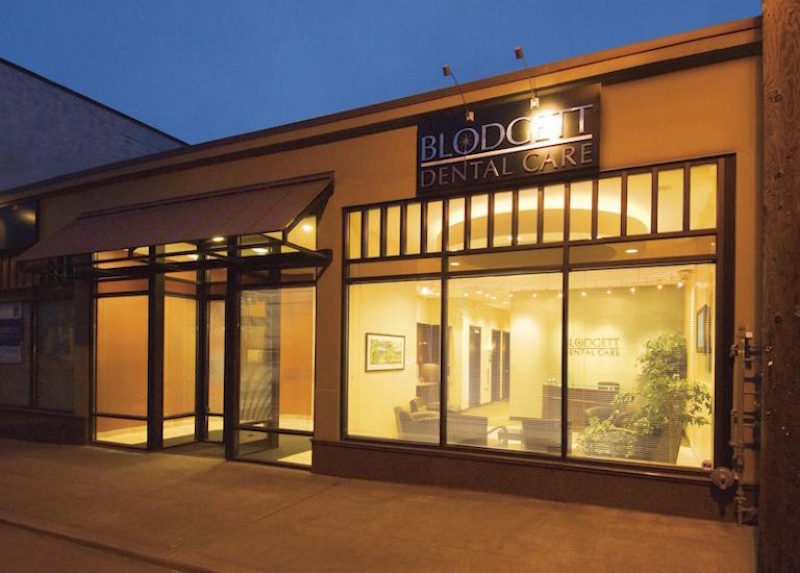
Think Your Headache is Due to a Dental Ailment?
Make sure to have your bite checked by an experienced dentist as soon as possible! TMJ disorder and bruxism can lead to more serious issues down the line if not treated properly.
Make an appointment with Blodgett Dental Care today! Together we will find a cure for your headache and get you on the path to clear-headedness.
Read Also
Toxic Tuesday: Dermatitis CAN Be Caused By Issues In Your Mouth
Toxic Tuesday - Dermatitis CAN Be Caused by Issues in Your Mouth! Toxic Tuesday - Dermatitis CAN be caused by issues in your mouth! “Neural Therapy” illustrates the connection.“Neural Therapy” is defined as: The treatment of pain and other illnesses by finding and...
Nobody Needs a Root Canal
Wellness Wednesday: Nobody Needs a Root Canal Wellness Wednesday: The way we use words matters!One of the foundational pillars on which I have built Blodgett Dental Care is the concept of intentionality. This includes intentional thinking, behavior and language. In...
Toxic Tuesday: What If Root Canals Became Illegal?
Toxic Tuesday: What If Root Canals Became Illegal? Toxic Tuesday – What if……root canals became illegal? What would dentists do differently to help their patients avoid tooth pain and sensitivity? I want to offer some information that you may not have heard. Almost all...
